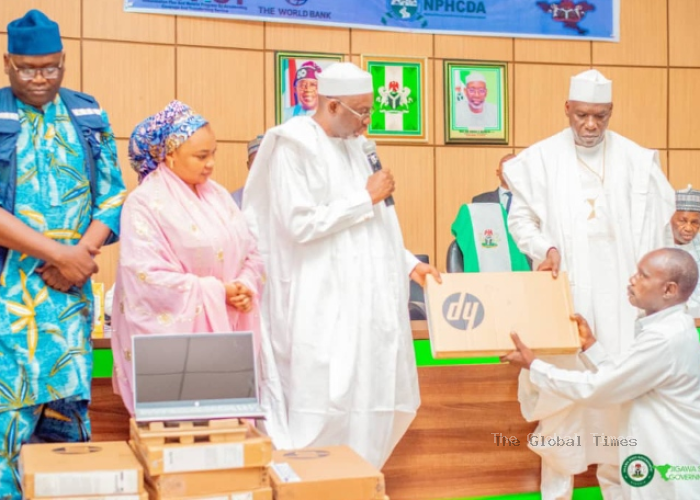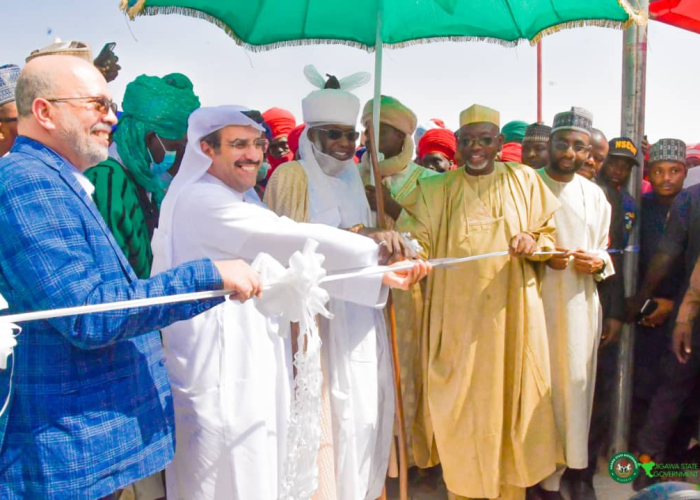
Effective Leadership: The Art of Motivation and Inspiration To Your Team

From Salihu Abdullahi Osuko, Giza
As a leader, grasping the intricacies of motivation and inspiration is vital to unlocking your team's maximum potential. Although often used interchangeably, these concepts possess distinct characteristics that significantly influence your leadership strategy.
Motivation serves as an external catalyst, leveraging tangible incentives to drive performance. Rewards, recognition, and encouragement are essential tools in a leader's arsenal, providing the initial spark that ignites productivity. However, motivation's effects are typically short-lived, requiring consistent reinforcement to maintain momentum.To sustain motivation, leaders utilize various strategies. Recognizing individual and team achievements fosters a sense of accomplishment, while offering rewards and incentives provides tangible benefits. Providing constructive feedback helps refine skills, and celebrating milestones marks progress.
In contrast, inspiration acts as an internal driver, cultivating an innate desire to excel within team members. By creating an empowering environment, leaders nurture their team's growth mindset, autonomy, and self-motivation. This approach focuses on long-term development, unlocking hidden potential.
Inspirational leadership creates a positive work culture, where individuals thrive. Providing training and development opportunities enhances skills and confidence. Empowering autonomy and decision-making encourages innovation and creativity, while embracing challenges as growth opportunities fosters
resilience.
Effective leaders recognize when to motivate and when to inspire. Motivation provides the initial spark, while inspiration sustains long-term momentum. Tanko Al-Makura's leadership philosophy aptly captures this balance: "Motivation is like fuel for a journey; it gets you moving, but inspiration is the destination – it's what makes the journey worthwhile." To maximize impact, leaders integrate both motivational and inspirational strategies. By setting clear goals and expectations, recognizing achievements, providing training opportunities, empowering autonomy, fostering open communication, and celebrating successes, leaders create a dynamic, high-performing team.
Mastering motivation and inspiration unlocks a team's full potential, driving exceptional performance and long-term success. By understanding the nuances of these concepts, leaders empower their teams to excel, achieving remarkable results.





